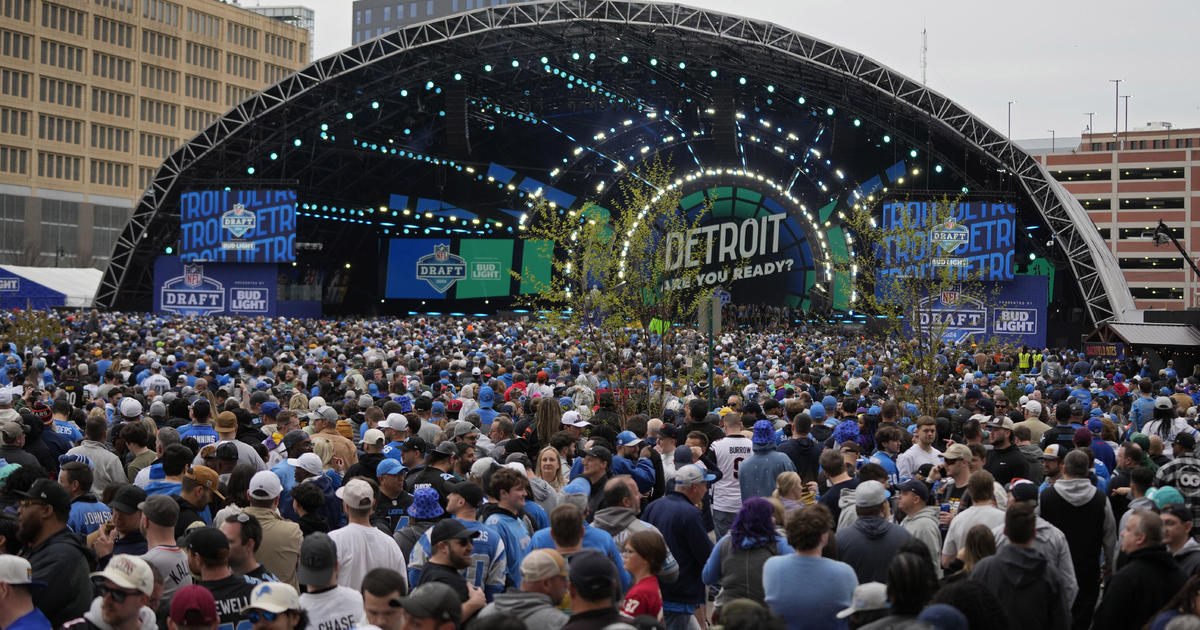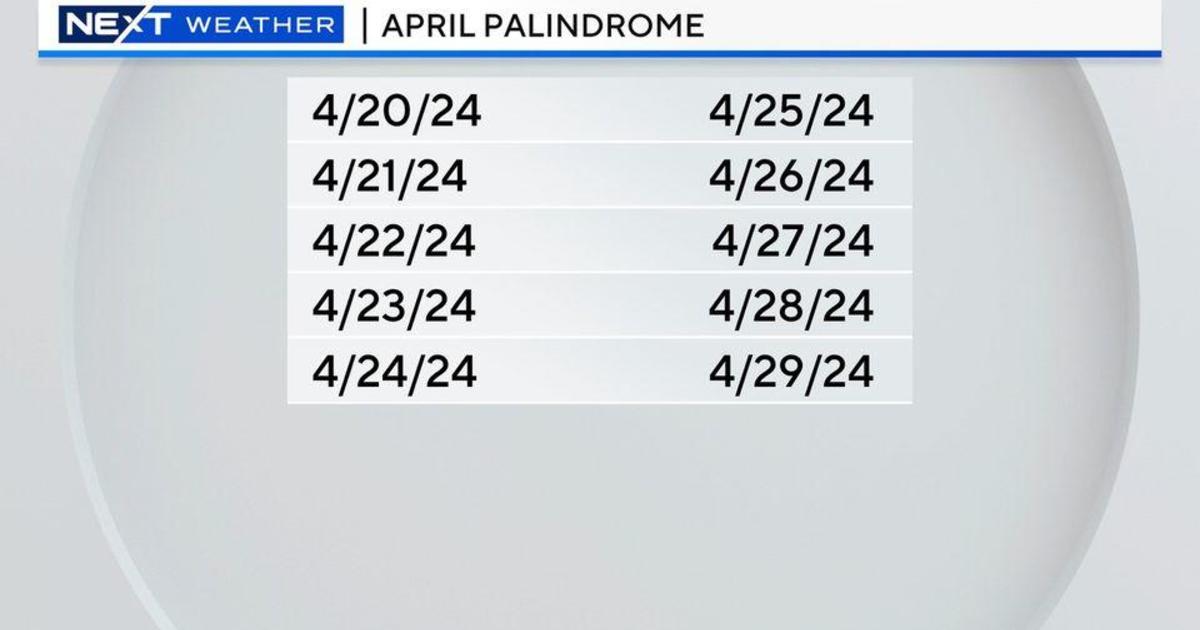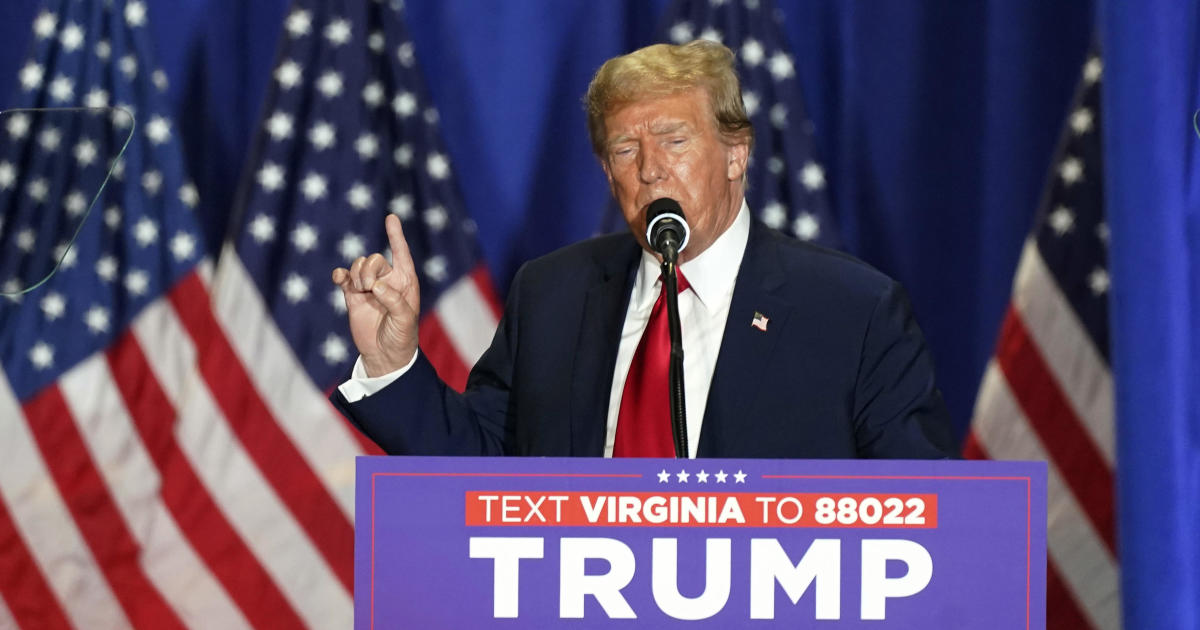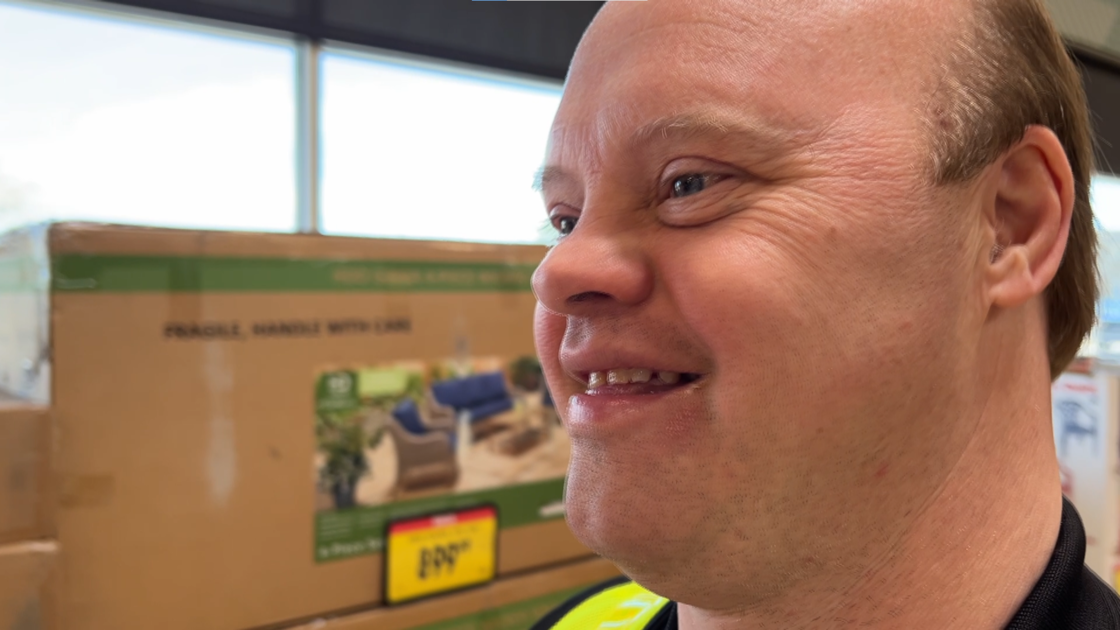Community Solar Concept A Big Hit At Michigan Energy Fair
(Note: For coverage of Friday's activities at the Michigan Energy Fair, click here. For a photo gallery from the Michigan Energy Fair, click here. For a video up close and personal look at a 1.6-megawatt, 300-foot-tall wind turbine, click here.)
LUDINGTON (WWJ) -- Remember this phrase: Community solar.
It may just be the way solar energy finally fulfills its promise of cheap, clean electricity.
The dedication of a new community solar installation in Traverse City Friday was the buzz on Saturday at the Great Lakes Renewable Energy Association's Michigan Energy Fair in Ludington.
Basically, a community solar installation is a lot like a community garden. A group of people pool their money and labor and enjoy the results.
In Traverse City, the Cherryland Electric Cooperative -- later joined by Traverse City Light & Power, a municipality -- decided to offer customers the chance to buy a single solar panel for $470. Once they did, the electricity generated by that particular solar panel would be credited to their bills.
It was a way for customers to buy as much or as little solar power as they wanted to or could afford, without the bank-breaking cost of a solar installation big enough to power a house (which can run $10,000 to $30,000).
The response was overwhelming, according to GLREA board member Dave Konkle, energy programs manager for the Ann Arbor Downtown Development Authority.
Cherryland Co-op figured it would sell 48 panels in the initial offering, but sold 80, and ongoing demand is so strong it's adding two more 72-panel arrays.
The average annual return on investment for the people buying the solar panels is about 5 percent, Konkle said, with full payback in about 15 years.
"We think this is a great way to create more solar energy in Michigan," Konkle said of the community solar concept. "Lots of people can't install solar because they rent or they don't have a good location on their property... There are ways you can buy solar from utilities but you don't get anything back from it. This (community solar) allows you to invest affordably in solar and get some of the ownership benefits."
There currently are no barriers for electric co-ops and municipal utilities from offering community solar, Konkle added. Legislative and regulatory changes need to be made to make them widespread for customers of Michigan's investor-owned utilities, though.
"We need public utility support," Konkle said. "Often that means the legislature tells them they have to do it."
Still, many at the conference are very optimistic about the concept.
"This is the future of solar," was the bold prediction of Mark Clevey, manager of consumer education and renewable energy programs at the Michigan Energy Office.
Konkle said community solar is exploding, to 200 megawatts nationwide this year from just 10 a year ago.
Later Saturday, the energy fair keynote was a mayors' panel featuring Ludington mayor John Henderson; Ann Arbor mayor John Hieftje; Haris Alabasic, director of the city of Grand Rapids' energy office; and Holland mayor Kurt Dykstra.
Alabasic said Grand Rapids has a sustainability plan that calls for the city to operate on 100 percent renewable energy by 2020. (It will hit 30 percent by the end of 2013.)
As a practical matter, that includes steps like solar power on city buildings, geothermal heat and cooling at fire stations, LED street lights, and more.
Heiftje said Ann Arbor achieved 20 percent renewable power for citiy operations by 2011 and is aiming for 30 percent by 2015.
"The really hard nut to crack we have found is getting that out into the community," he said.
Solar power provides hot water for city pools and fire stations, as well as electricity for the city's farmers' market. All city lights have been replaced by LEDs, which provided a four-year payback. And there's a program under way to evaluate the solar power potential for 21,000 Ann Arbor homes.
In Holland, Dykstra said, a municipal utility provides electric and broadband service and is in "the early stages" of a major sustainability drive. Holland is establishing a program of home energy retrofits, city-wide district heating, and eventually converting the city's coal-fired power plant to natural gas and changing it from a baseload plant to a peak-use plant only.
Heiftje said he envied cities like Holland with muncipal utilities, and which can therefore take direct control of their energy generation and use -- but he said, the state Legislature "has made it virtually impossible to create a new municipal utility" in Michigan.
"If we had a (municipal) utility we would be in great shape," he said.
Other presentations Saturday covered everything from renewables as a moral choice for faith-based institutions to the mechanics of energy audits.
On the latter, Douglas Elbinger, energy policy analyst at Detroit-based Greenlancer Energy. described how energy audits are the first step toward a renewable energy program -- since the cheapest kilowatts are the ones you avoid using through efficiency.
Elbinger covered the various levels of energy audits, from the cursory to detailed, starting with an analysis of energy bills through flyspecking walk-throughs, Common problems include air leaks around lighting fixtures and power outlets, worn-out installations, and lack of insulation on hot water systems. Infrared photography is frequently useful in finding areas of heat loss.
Next year's Michigan Energy Fair has already been set for June 27-29, 2014 at the Ingham County Fairgrounds in Mason, south of Lansing.
More at http://www.glrea.org.



